At HealthNet TPO, we believe that access to quality healthcare is a fundamental right – not a privilege. In communities affected by conflict, disasters, or structural neglect, we work to restore essential health services and strengthen systems from within. Our approach combines medical care with community engagement, making healthcare more accessible, equitable and sustainable.



-
Making essential healthcare accessible
We support health centres, hospitals and outreach services so that more people—especially women, children, and marginalised communities—can access the care they need. From safe childbirth to childhood illness, we focus on essential services that save lives and promote long-term wellbeing. Our teams work side by side with communities to reach even the most remote areas, ensuring that no one is left behind.
Prevention and treatment go hand in hand. We address communicable diseases like malaria, tuberculosis and diarrhoea with practical, local solutions, while also promoting better nutrition, hygiene and vaccination. Health education is a core part of our work, empowering individuals and families to take control of their own health. Trained community health workers and mobile teams extend our reach, bringing trusted care and information to people where they live.
-
Promoting awareness and health education
We believe that prevention is as vital as treatment. That is why we invest in health education, community outreach and behaviour change. Whether it is reducing the spread of infectious diseases, promoting hygiene and nutrition, or increasing awareness of available services, our approach empowers people to protect their own health and that of those around them.
In addition to general healthcare, we address sexual and reproductive health, including the prevention of and response to gender-based violence. Through safe spaces, trained staff and local engagement, we provide survivors with care while helping to reduce stigma and promote equality. Across everything we do, we strengthen systems and build local capacity — so that healthcare services remain effective, resilient and community-owned for the long term.
Story in focus: The mobile surgical team saving lives in South Sudan
In South Sudan, where healthcare is often out of reach, our mobile surgical team brings life-saving care to people in the most remote areas. Their work shows how local solutions can restore health and dignity in the most fragile settings.

-
 Read more
Read moreIntegrated emergency response to returnee population in South Sudan
In 2025, an estimated 9.3 million people—69% of the country’s total population of 13.4 million—are expected to need some form of humanitarian assistance in South Sudan.
-
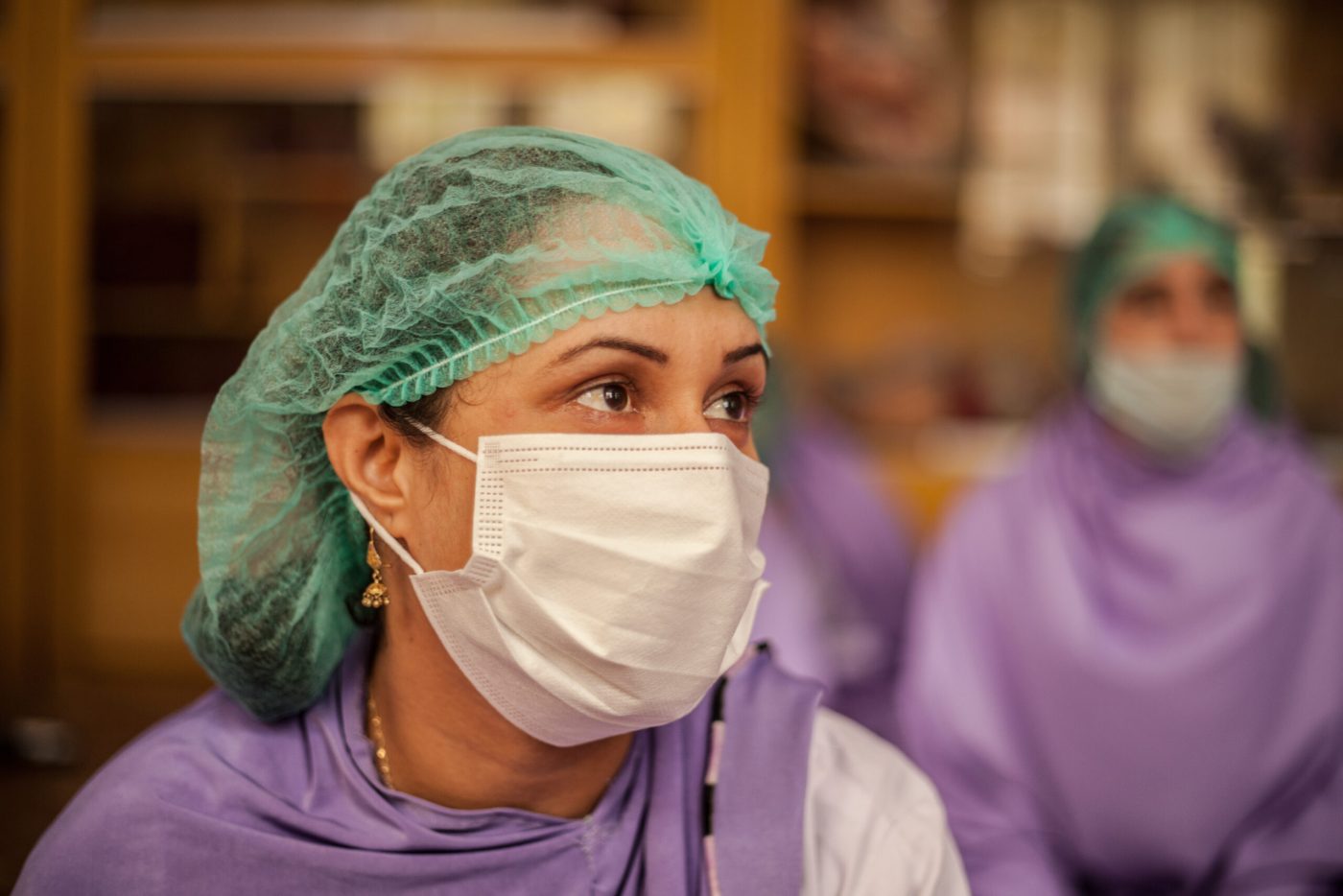 Read more
Read moreProvision of healthcare services in Afghanistan
Access to quality healthcare for all remains a problem in Afghanistan. Since 1995, we have been strengthening and supporting the health system to improve the health and wellbeing of the population.
-
 Read more
Read moreImproving nutrition in Afghanistan
HealthNet TPO is tackling malnutrition in Afghanistan by improving access to essential nutrition services in Kabul and Khost provinces. Through prevention, treatment, and community empowerment, we are addressing the root causes of malnutrition and helping families rebuild healthier, more resilient lives.
-
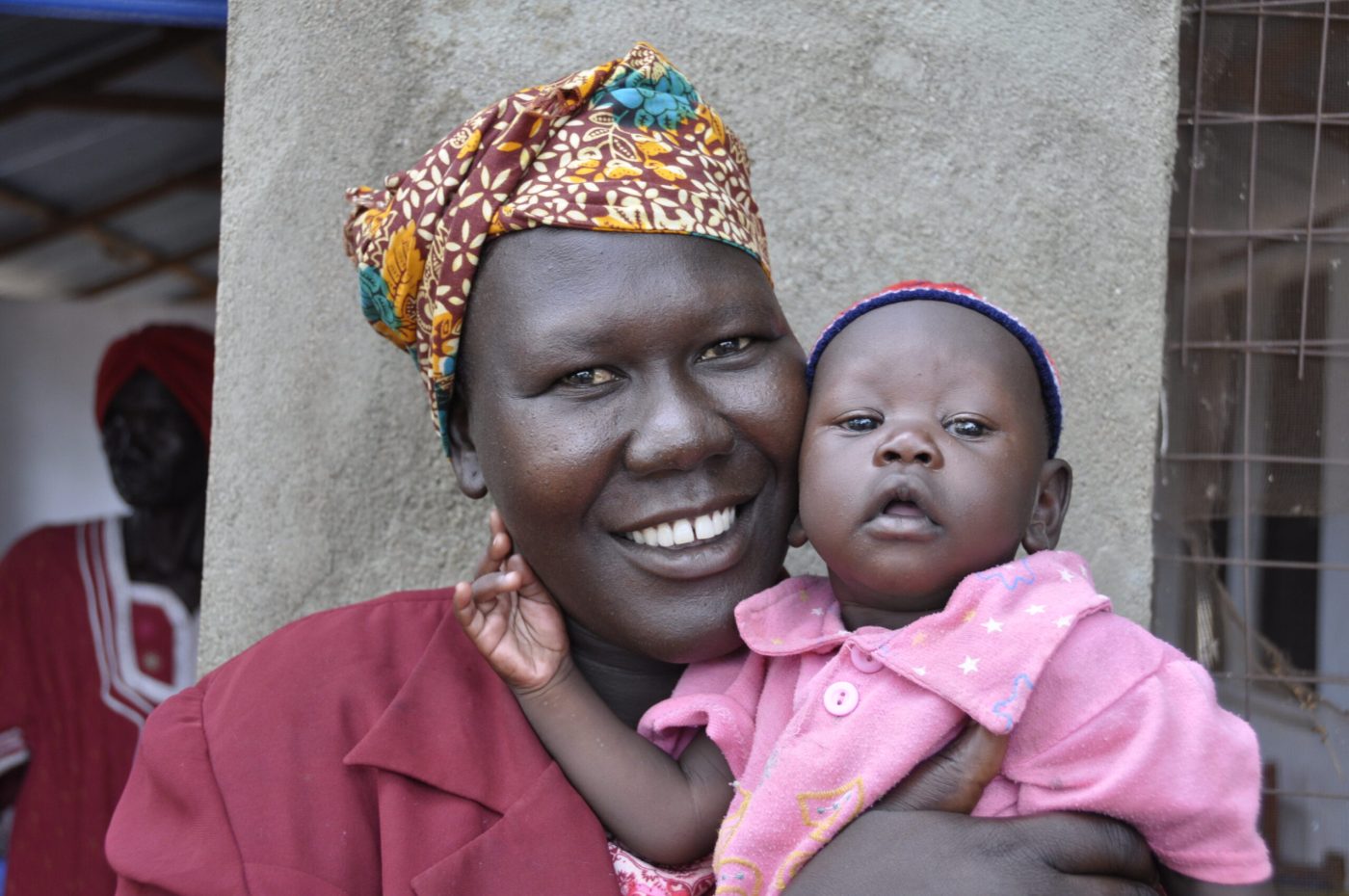 Read more
Read moreHealth Sector Transformation Project in South Sudan
HealthNet TPO is transforming healthcare in South Sudan by strengthening local health systems and empowering communities. Through the Multi-Donor Trust Fund, we are improving maternal and child health services, fostering government ownership, and ensuring lasting access to essential care.
-
 Read more
Read moreHealthcare and MHPSS services for refugees in Burundi
HealthNet TPO, with UNHCR, is enhancing healthcare for 95,000 refugees in Burundi. This project strengthens services in camps, provides mental health support, and improves nutrition, ensuring sustainable care for vulnerable communities.
-
 Read more
Read moreEye care in Afghanistan
Improving access to vital eye treatments is one of the ways that we are working with people and communities to improve health and wellbeing in Afghanistan.
We used torches and candles for lighting during surgical operations to save lives.— Dr. Ownar Otien, Western Bhar-El-Ghazel Raja County Hospital Coordinator.
-
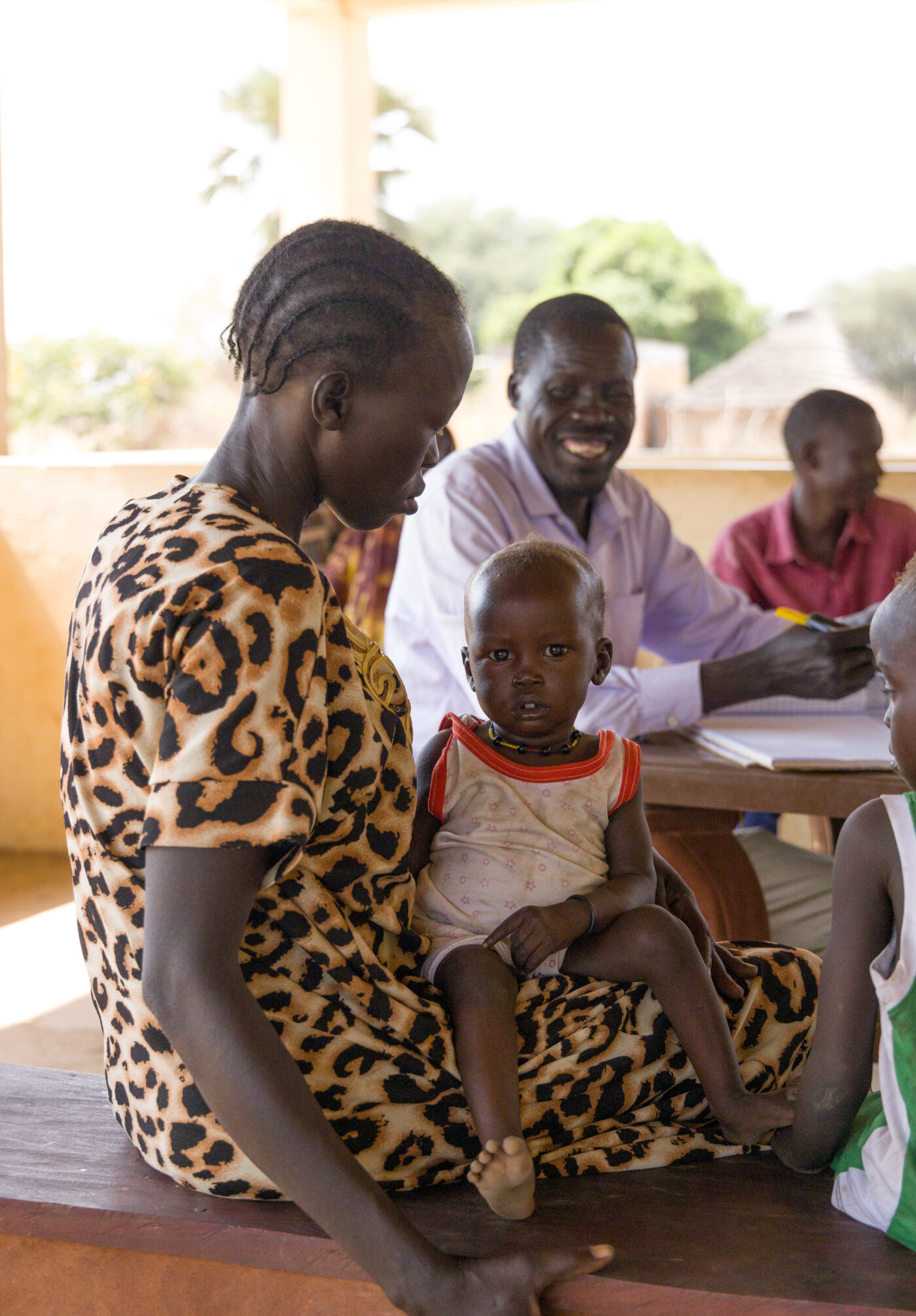 Read more
Read moreA place to turn for care: How Manyiel’s PHCU is saving lives in South Sudan’s underserved regions
Early in the morning in Manyiel, the waiting area of the Primary Health Care Unit (PHCU) is already busy. Pregnant women are waiting for antenatal consultations, while mothers bring babies for routine childhood vaccinations.... -
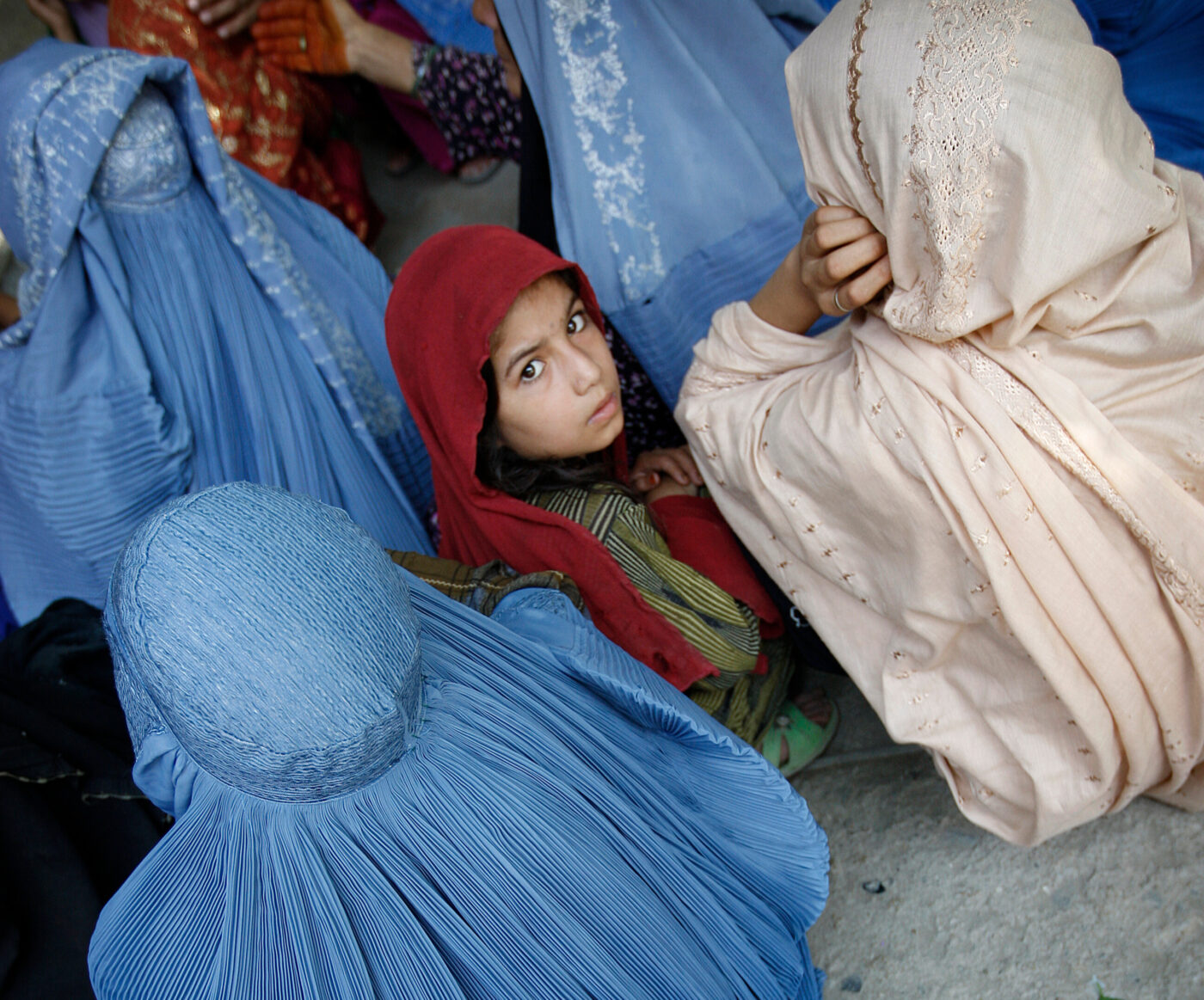 Read more
Read moreGive women and girls in Afghanistan dignity after disaster
HealthNet TPO aims to provide 2,000 dignity kits to women and girls affected by the devastating earthquake in eastern Afghanistan. Each kit costs €55 and is distributed by our mobile health and psychosocial support... -
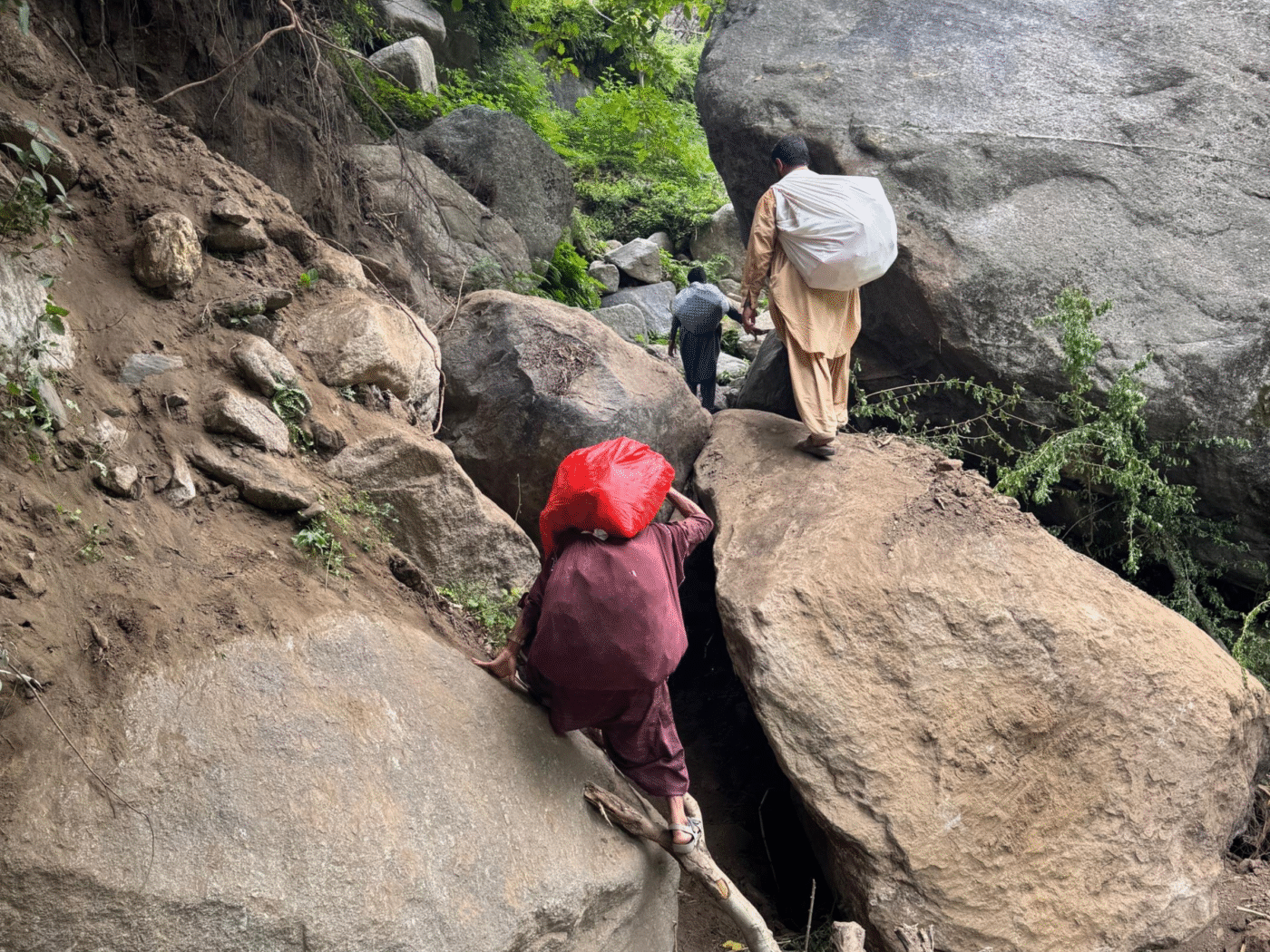 Read more
Read moreFirst on the ground: HealthNet TPO reaches isolated Arit valley after the Afghanistan earthquake
On 31 August, a devastating earthquake struck eastern Afghanistan, leaving thousands of families without shelter, food, or access to healthcare. The disaster has claimed more than 2,200 lives, and entire villages were cut off...

